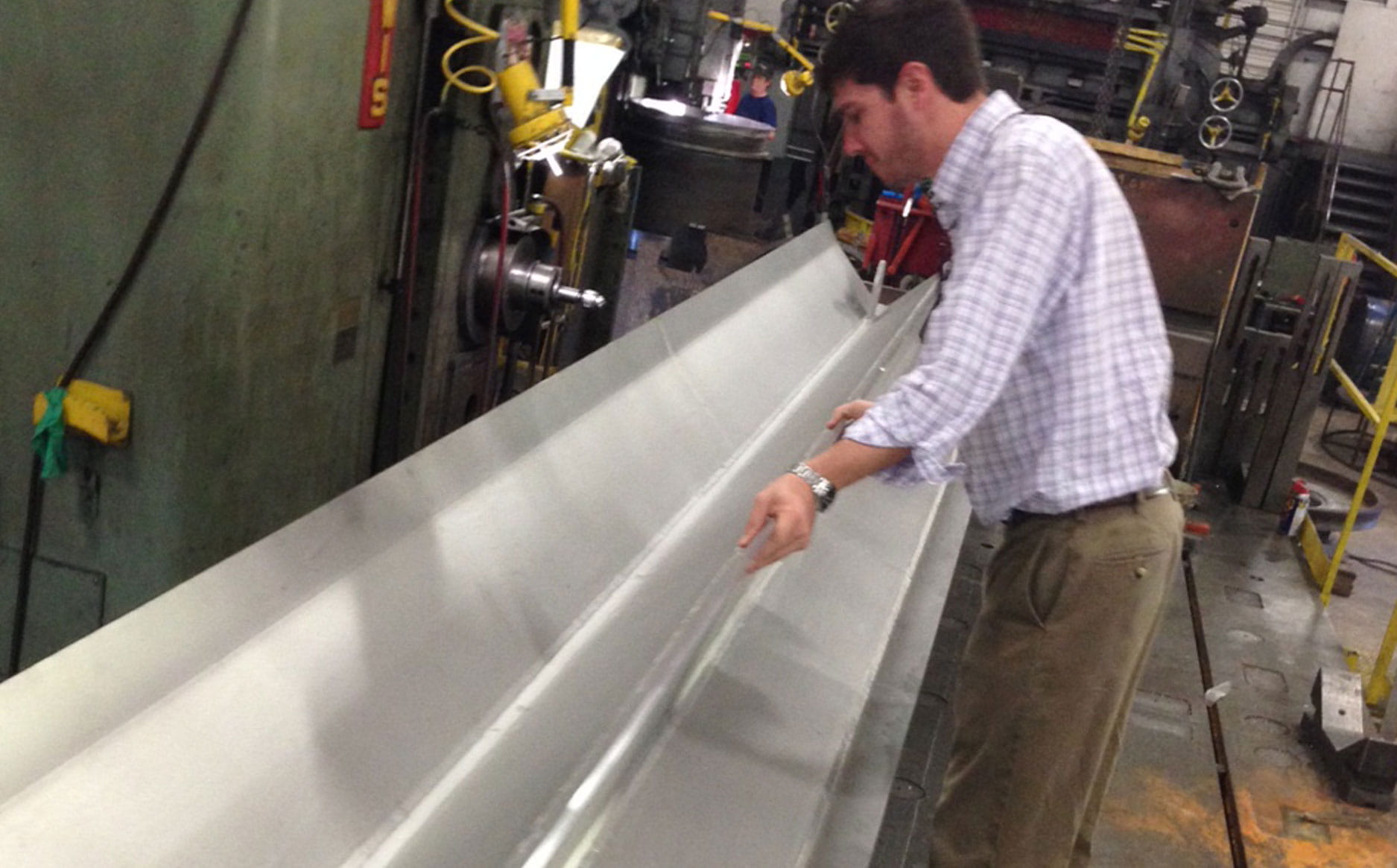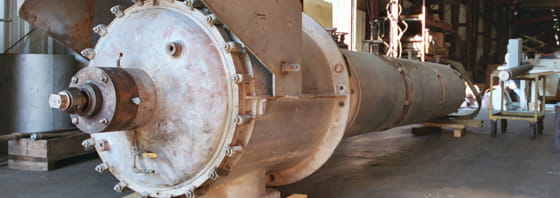
Although Thin Film Evaporators (TFEs) are not complicated, there may be many causes for vibration problems.
Listed below are just a few of the reasons a Thin Film Evaporator may experience vibration. Fully diagnosing vibration may require an LCI Service Engineer and vibration analysis instrumentation. These are the most common causes and many of these issues are easily corrected.
Most vibration issues are process related (over-concentration, system control issues, unable to discharge concentrate from TFE, vacuum leaks, etc). However, there are occasions when the problem is purely mechanical in nature. An easy way to verify this is to run the TFE without any process load (empty and cold). If significant levels of vibration are noticeable, the problem is most likely mechanical in nature (imbalance, bent or damaged rotor, worn bearing, inadequate lubrication to journal bearing).
Contact us if you would like advice from one of our technical experts.
